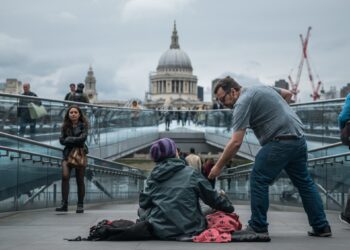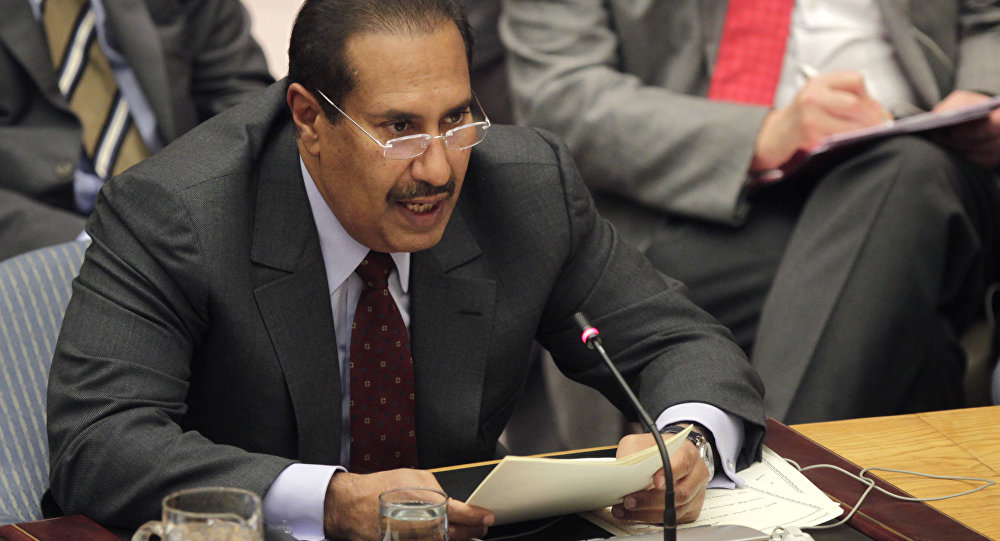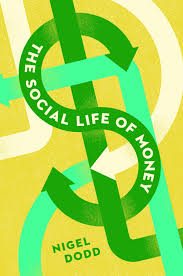There’s no denying that 2020 has been totally and utterly gripped by the coronavirus pandemic. First identified in December 2019 in China’s Wuhan, the World Health Organisation declared the outbreak a Public Health Emergency of International Concern in January 2020, before establishing it a pandemic in March 2020.
Though the impact of the virus has certainly been felt worldwide, most interestingly is how each country dealt (and is continuing to deal) with the situation. Here we’re recapping the UK government’s handling of the pandemic.
Positive: Testing facilities across the UK
On 23 January, before the severity of the pandemic had even be recognised, Health Secretary Matt Hancock said: “The UK is one of the first countries to have developed a world-leading test for the new coronavirus.” Since then, millions of tests have been carried out across the UK, and they have developed considerably.
For example, MyHealthChecked offer family-friendly COVID self-swab tests that offer a 99.9% accurate ‘yes or no’ in 48 hours. If you have symptoms, it’s advised that you self-isolate and take a test as soon as possible, and so it’s very helpful to be able to rely on such a company.
Negative: Delayed reaction and little action
Although nobody could have prepared for a deadly pandemic, the UK government has continuously been criticised for their delayed reaction in managing the virus in its earliest days. By 1 March, the virus had reached the four corners of the United Kingdom – cases had been detected in England, Northern Ireland, Scotland and Wales.
Confirmed cases began to spiral, with 115 by 5 March, 206 by 7 March and 273 by 8 March. 3 days later, the World Health Organization declared a pandemic. With the likes of Italy ‘locking down’ on 9 March and Spain on 14 March, UK citizens have repeatedly asked themselves why it took Boris Johnson a further 9 days from the latter to impose our own lockdown? In that time, cases soared from 115 at the beginning of the month, to 6,650 at the end.
Positive: Furlough scheme
The continuous locking down and reopening of the countries meant that businesses across the UK have been forced to close – whether that be repeatedly or permanently.
The furlough scheme, announced on 20 March, allowed employers to contact HMRC for a grant to cover 80% of the wages of employees who are not working but are instead “furloughed”, meaning they’re kept on payroll rather than being dismissed. Although there was bound to be some flaws in the system, people commended the government for taking the necessary action to keep the economy afloat and livelihoods intact.
Negative: Dominic Cummings scandal
If you’re not already aware of the Dominic Cummings scandal, where have you been? In late March, the UK prime minister’s most senior adviser drove 260 miles from London to Durham during the lockdown. If that wasn’t outrageous enough, he also took a 60-mile round trip from Durham to a nearby town on his wife’s birthday, and insisted that the entire trip was to test whether his eyesight was good enough to drive.
UK citizens were (naturally) aggravated by the flouting of lockdown rules from Cummings, and the fact that his decision had been initially backed by Johnson and other senior government ministers. Could it really be that one of the government’s most senior employees ignored the rules he had helped set for millions of people across the nation?





















